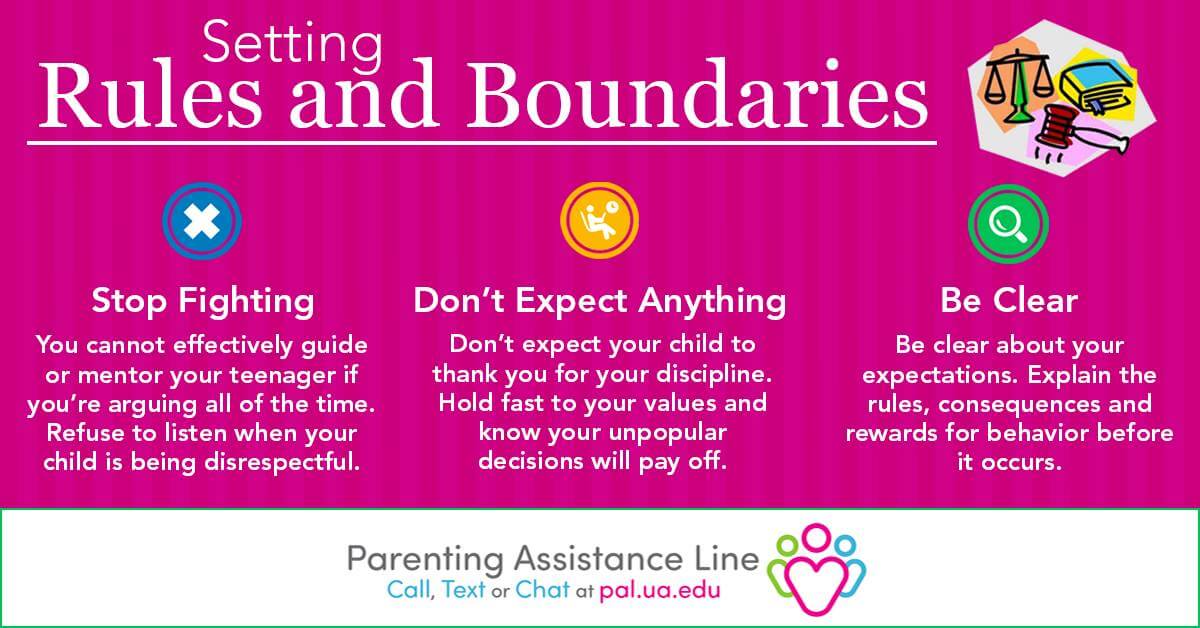At times, being a parent can be tough. There are challenges you never anticipated and days when you think you just aren’t cut out for the job. Don’t despair; all parents feel this way from time to time. Children can be very frustrating as they constantly push against boundaries and test limits. They don’t always behave as we wish they would and can even be embarrassing at times. Remember that these behaviors are normal and some even necessary for healthy development.
Children need discipline in order to grow into responsible, caring and productive adults. Some parents believe that discipline is a way to control their child through punishment. However, it is important to know the root word of discipline is ‘disciple’ which means to lead and guide by example. Children may not always seem as though they are listening, but they see everything you do. A parent’s job is to instruct, train, educate and nurture your children as they go through the numerous developmental stages of childhood. But what is a parent to do if their children just don’t want to cooperate?
Following is a list of discipline techniques that will help you to shape your child’s behavior while maintaining a healthy, connected relationship.
- Know your child – Learn what is normal at each age and stage of your child’s development. You may have expectations that are beyond the scope of your child’s abilities. Your discipline techniques will naturally change as your child ages so stay informed about what is considered age-appropriate behavior.
- Teach your child to respect authority – For your child to respect you and others you must demonstrate respect. Obey the law, speak with kindness, show honor towards your own parents and don’t openly criticize other authority figures in their lives such as teachers or community leaders. You set the standard for your child’s attitude toward authority!
- Set limits and boundaries and remain consistent – Children need and truly want clear limits and boundaries. They will not thrive or survive without them; and neither will you! Keep the rules simple and make it easy for them to comply. Remember that a child’s memory is poor and you will have to repeat yourself often. Children should know what is expected of them and what the consequences will be if the rules are broken.
- Allow room for negotiation – Children are more likely to obey rules that they help to create. Discuss your expectations with your children and give them the chance to voice their opinions respectfully. Let them know that some rules are non-negotiable like health and safety issues, while others such as clothing choices or hair styles may be discussed. There is no harm in being somewhat flexible. Pick your battles carefully and don’t over burden your child with too many rules.
- Praise your child for obedience – Believe it or not children actually want to please their parents!! Praise is a valuable shaper if it is genuine and not overdone. It is not reasonable that you should praise everything your child does correctly but it is reasonable that your ‘building up’ words far out number your ‘pulling-down’ words. Remember to praise the specific behavior you are working to increase.







